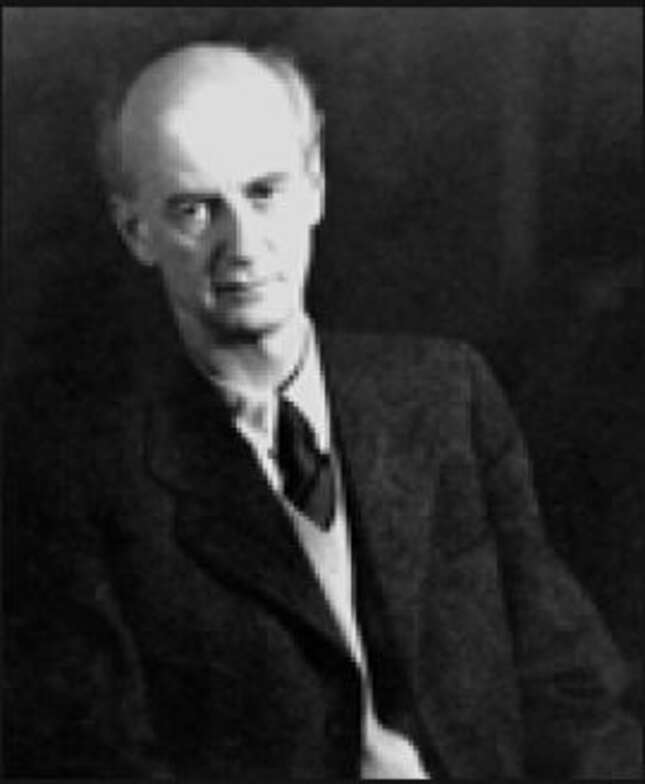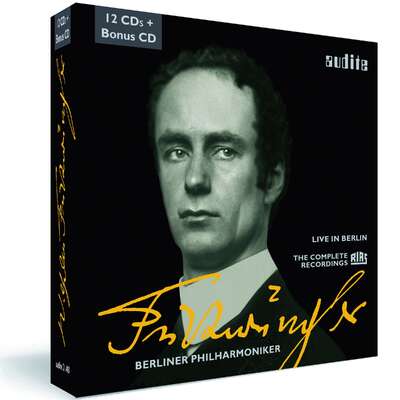
Wilhelm Furtwängler
Wilhelm Furtwängler (January 25, 1886 – November 30, 1954) was a German conductor and composer. He is widely considered to have been one of the greatest symphonic and operatic conductors of the 20th century. By the
Biography
Wilhelm Furtwängler (January 25, 1886 – November 30, 1954) was a German conductor and composer. He is widely considered to have been one of the greatest symphonic and operatic conductors of the 20th century. By the 1930s he was one of the leading conductors in Europe - he was principal conductor of the Berlin Philharmonic, having left that post with the Gewandhaus Orchestra, and was a major conductor of the Vienna Philharmonic - and he was the leading conductor who remained in Germany during the Second World War. His decision to remain in Germany during this time caused great controversy for the rest of his life and is still debated: while, according to the entry on him in the latest edition of Grove Music Online, he was "never remotely an adherent of the Hitler regime, and he dissociated himself from it and opposed it in all kinds of ways, great and small [including] constantly using his influence to save the lives of Jewish musicians, obscure as well as famous," nonetheless, his presence may have lent prestige to the Third Reich, and his belief that art could be kept separate from politics has come to seem naive. Because a great deal of his conducting was recorded (often in airchecks), his interpretive art is well documented and has been highly influential among many musicians; it is revered by a number of musicians, critics and record collectors. His style is often contrasted to that of Arturo Toscanini, whose work during this period was also widely documented on record: Furtwängler sought a weightier, less rhythmically strict, and more bass-oriented orchestral sound than Toscanini and made more conspicuous use of inflections of tempo that are not indicated in the printed score (the difference is sometimes mis-characterized by the terms "objective" and "subjective," but Furtwängler's tempo inflections were often planned and reflected his studies with the harmonic theorist Heinrich Schenker from 1920-35). Like Toscanini, Furtwängler was a major influence on many later conductors, and his name is often mentioned when discussing their interpretive style.

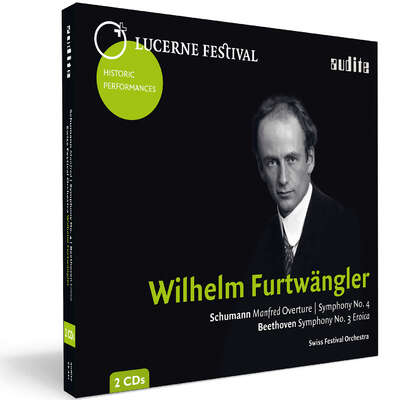
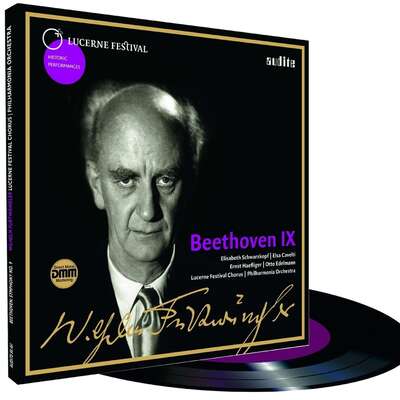
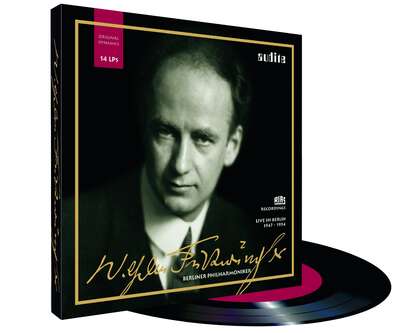
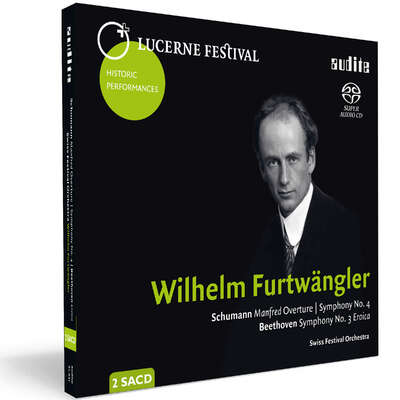
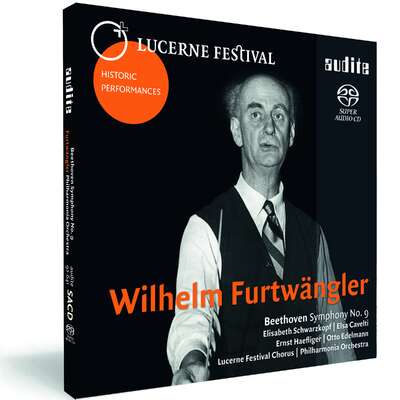
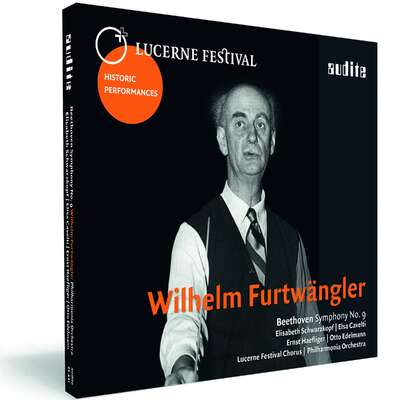
Wilhelm Furtwängler | conductor


Wilhelm Furtwängler conducts Schumann & Beethoven
Robert Schumann 2CD
Wilhelm Furtwängler conducts Beethoven's Symphony No. 9 on LP
Ludwig van Beethoven 2LP-180g
Edition Wilhelm Furtwängler – RIAS recordings with the Berlin Philharmonic on 14 LPs
Ludwig van Beethoven 14LP-180g
Wilhelm Furtwängler conducts Schumann & Beethoven
Robert Schumann 2SACD
Wilhelm Furtwängler conducts Beethoven's Symphony No. 9
Ludwig van Beethoven SACD
